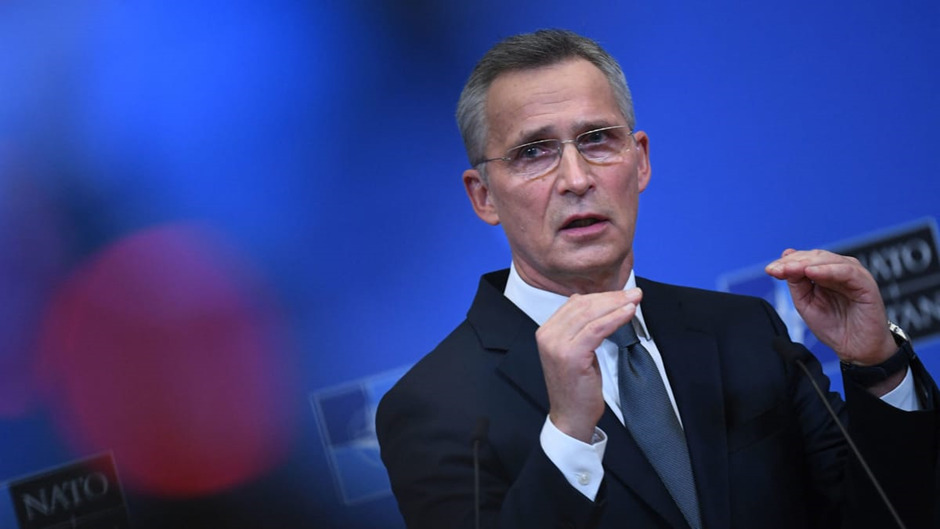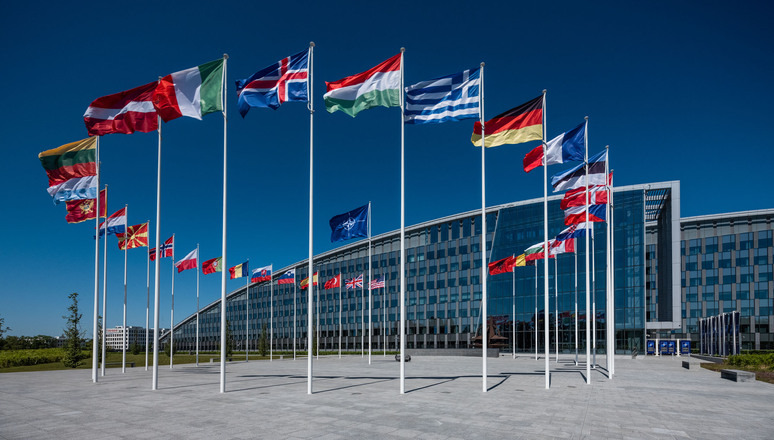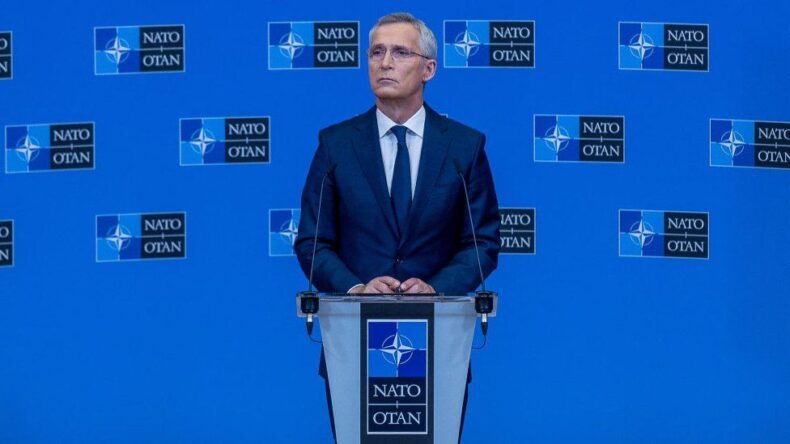NATO extended Secretary General Jens Stoltenberg’s contract till 2024 amidst Russia’s continued invasion of Ukraine. NATO decided to stick with the experience of its current boss instead of choosing a successor. The 64-year-old’s tenure has been extended to October 1, 2024. The decision comes just a week before the summit of its members in Vilnius, Lithuania.

Source: Politico
NATO Allies Find a Capable Leader in Stoltenberg
The former Swedish Prime Minister has been the transatlantic military organization’s leader since 2014, whose contract has been extended thrice so far in all these years. NATO’s decision will be endorsed by the Heads of State and Government at the Vilnius summit.
Stoltenberg enjoys the organization’s member’s confidence, who regard him as a competent and strong leader who is also effective in winning consensus. U.S. President Joe Biden has praised NATO’s decision along with several other Heads of State.
Biden said in a statement: “With his steady leadership, experience, and judgment, Secretary General Stoltenberg has brought our Alliance through the most significant challenges in European security since World War II.”
Stoltenberg himself expressed his gratitude towards the alliance’s members for showing their confidence in him. He stressed that the trans-Atlantic relations between North America and Europe are of paramount significance to national security and freedom. He stated that the bond should be stronger than ever now as the Russia-Ukraine conflict steadily heads towards 18 months since its inception in February last year.
Diplomats and experts credit Stoltenberg with his steady leadership as he has been able to bring the members together over the Ukraine crisis. He seemed to have negotiated with both members who want to extend full support to Ukraine and those who want to maintain a more cautious trajectory.
NATO Summit
The summit that is scheduled to take place on July 11, 12 in Vilnius comes at a critical juncture in the Russia-Ukraine conflict as Ukraine’s increasing counter-offensives have exposed frailties in Russia.

Source: NATO
Ukraine had earlier applied to become a member, however, it was unanimously agreed that the war-torn nation cannot join NATO till the crisis is over. Ukraine’s President Volodymyr Zelenskiy expressed his optimism at a press conference last week regarding his country’s inclusion into the organization after the war ends.
The NATO allies, however, are divided over how they can assist Ukraine. States like Germany, the United States, and southern European nations fear the repetition of the 2008 Bucharest declaration where Ukraine and Georgia were promised membership without being provided practical steps for completing their integration.
On the other hand, allies from Central Europe, Poland, and the Baltic nations assert that Ukraine has already proved its worth by showcasing its military prowess against the Russians and would be an asset to the organization in countering future Russian aggression.
Ukraine does not seem to be satisfied with the security assurance whereby neither the U.S., the United Kingdom, nor Russia could attack the country if they give up their nuclear arsenal. President Zelenskiy does not see it as a substitute for membership.
It remains unclear how much the allies are willing to offer Ukraine outside NATO. Estonia’s Prime Minister, Kaja Kallas, clarified that the only security assistance that is guaranteed is the one guaranteed by NATO.













